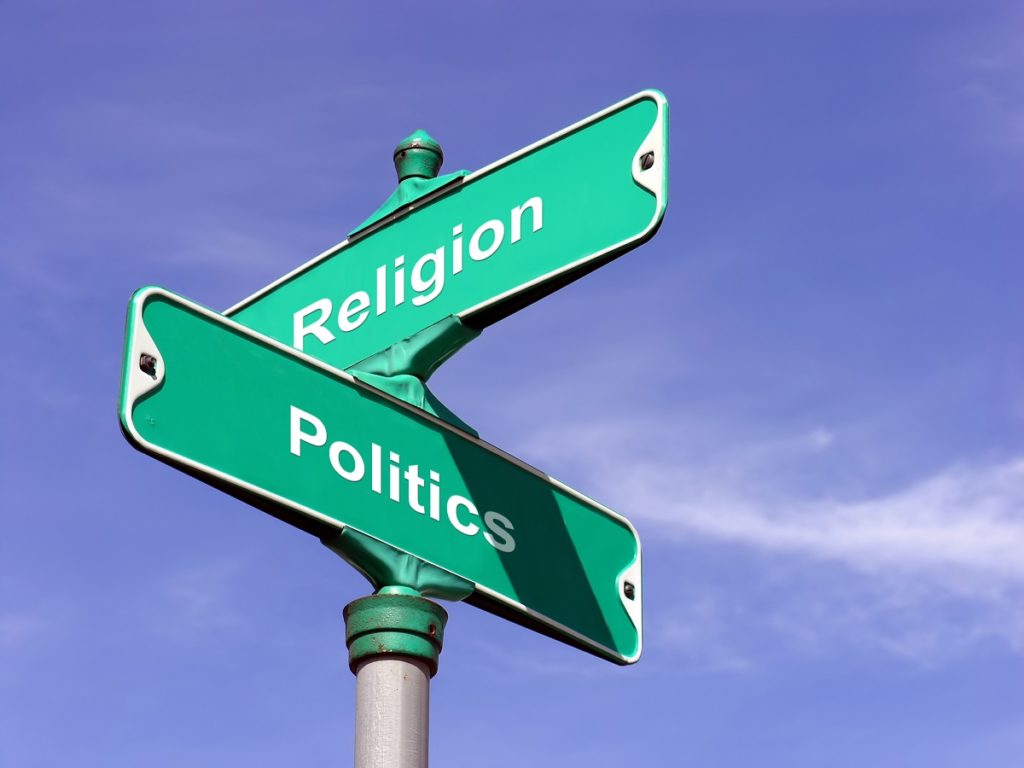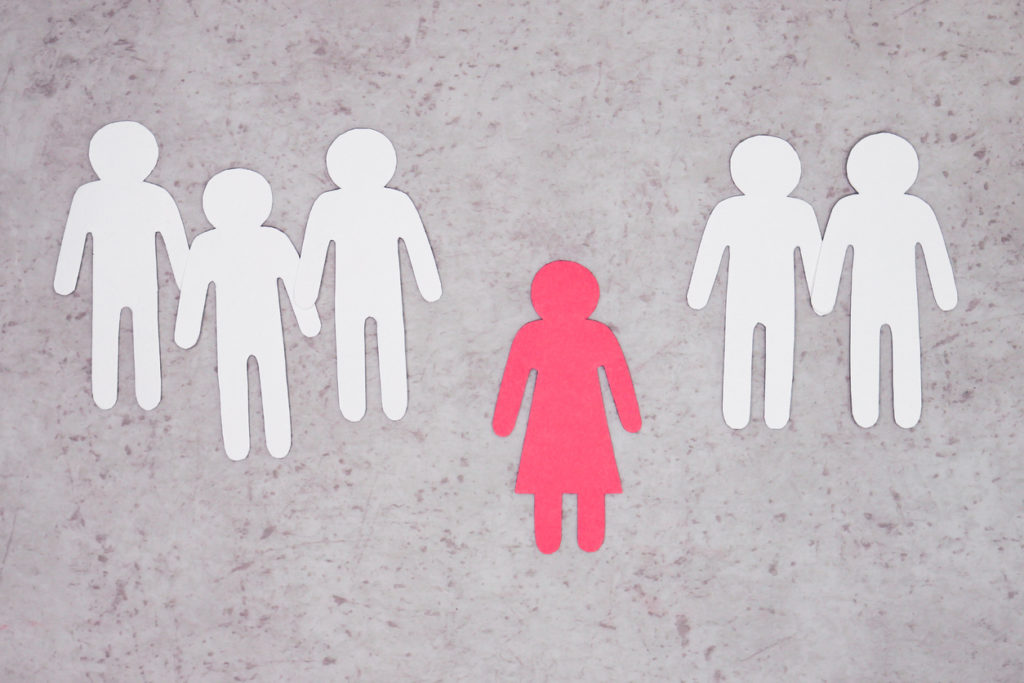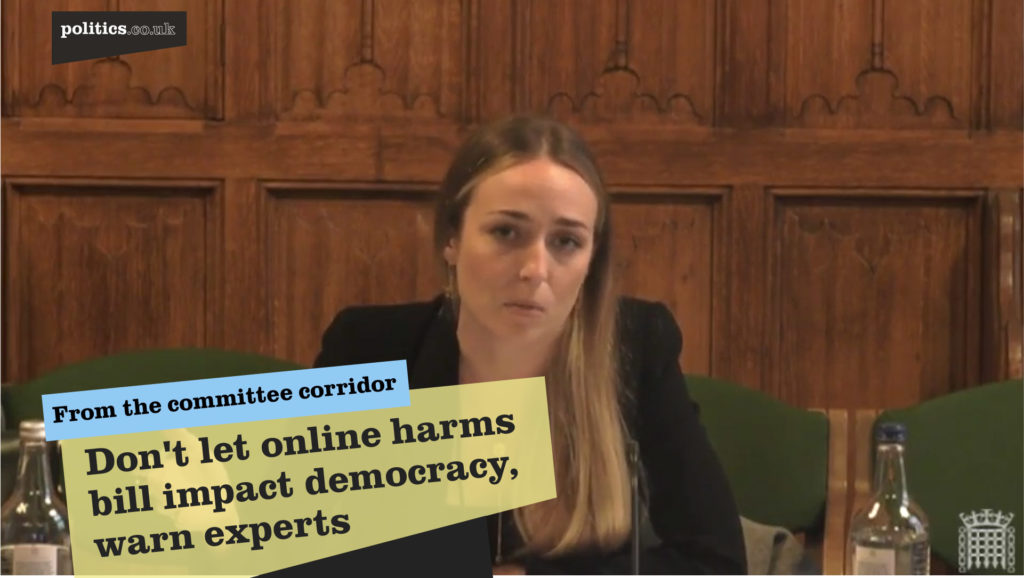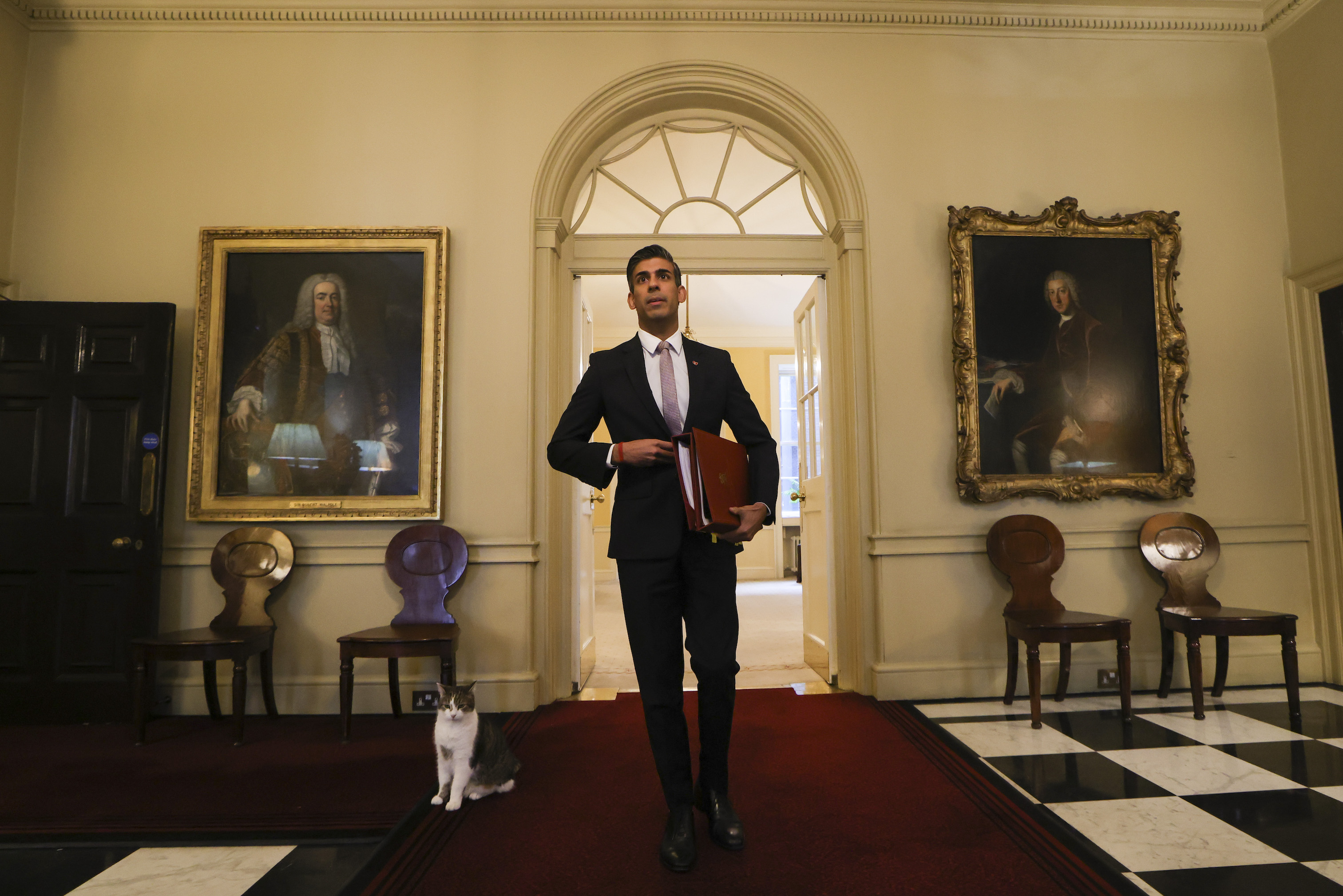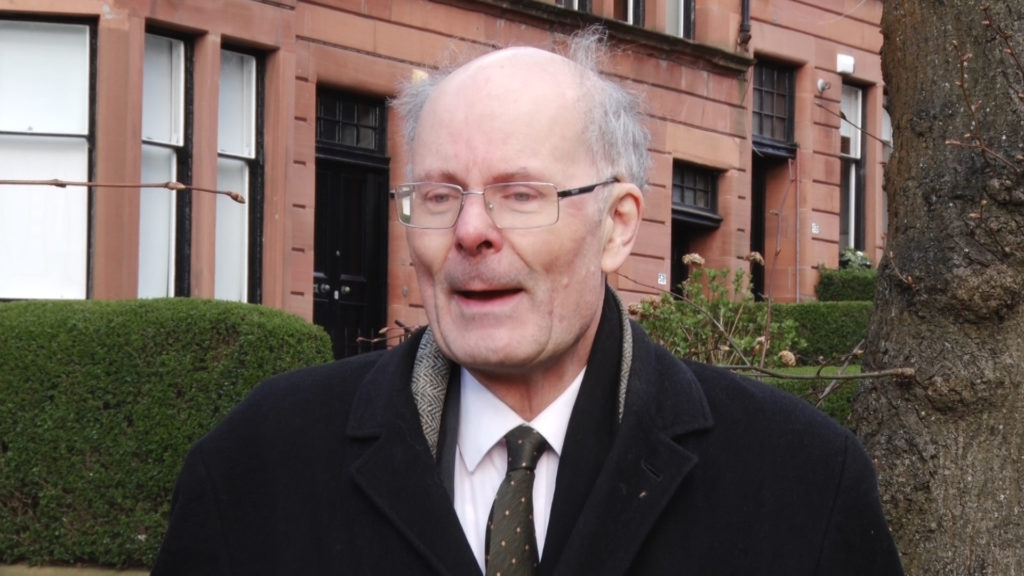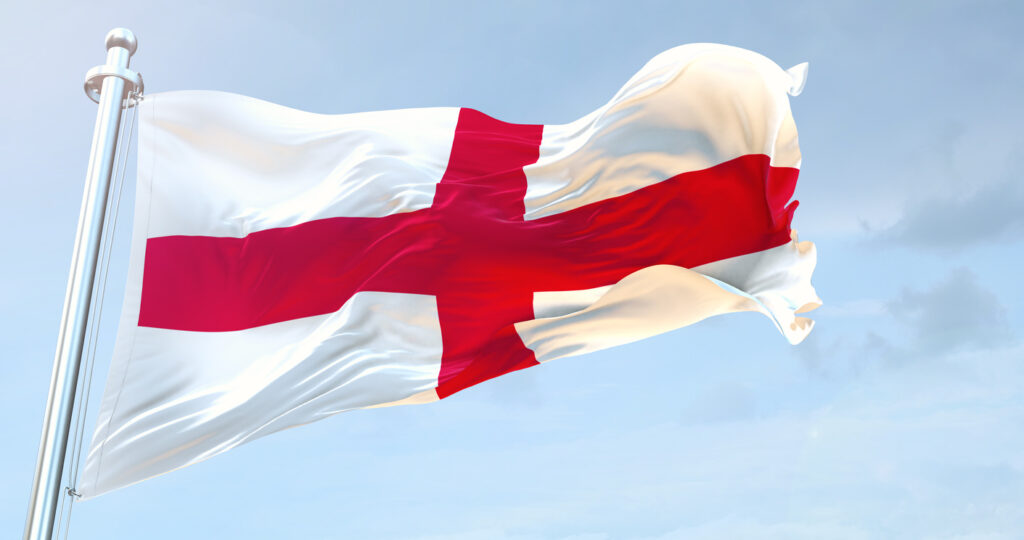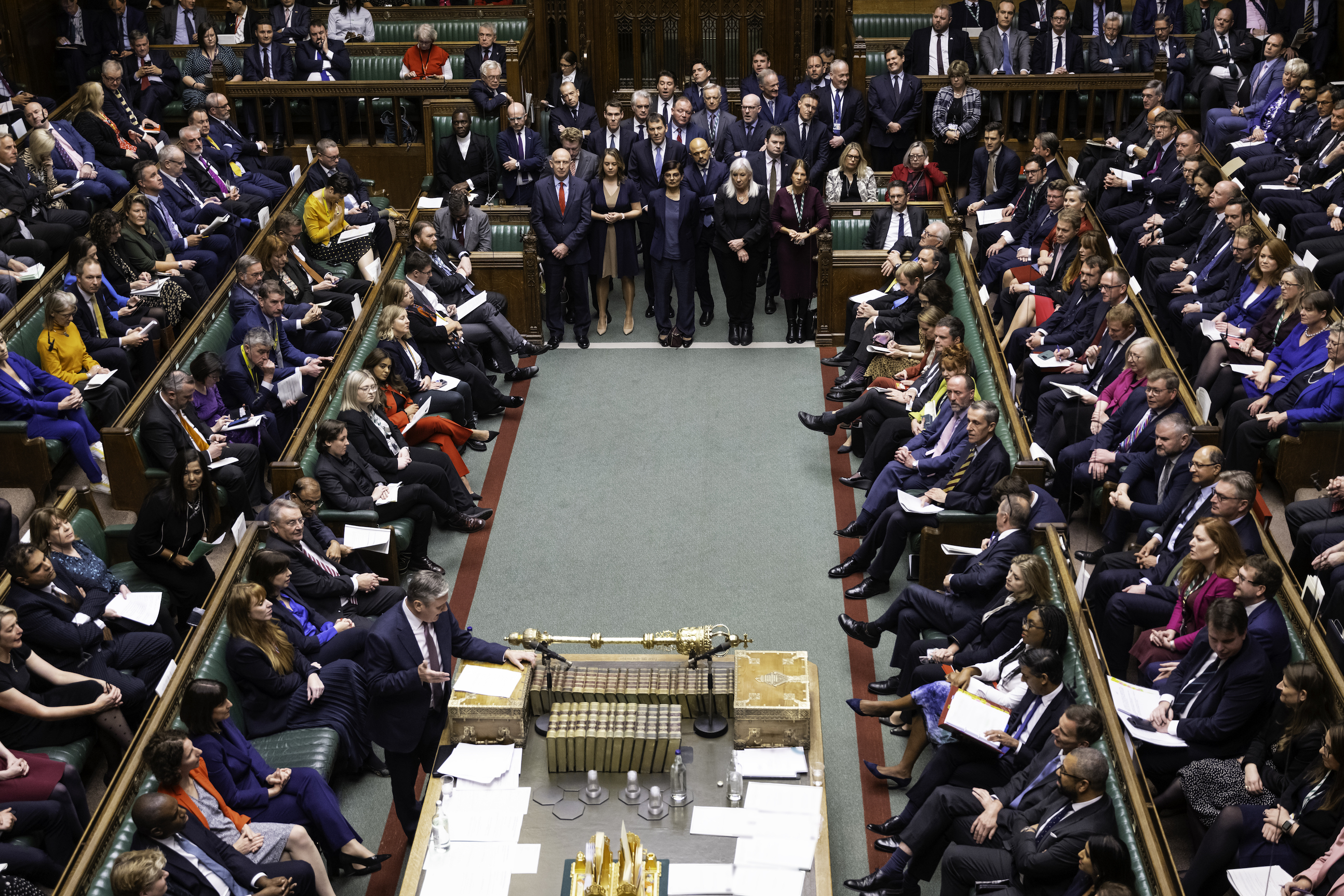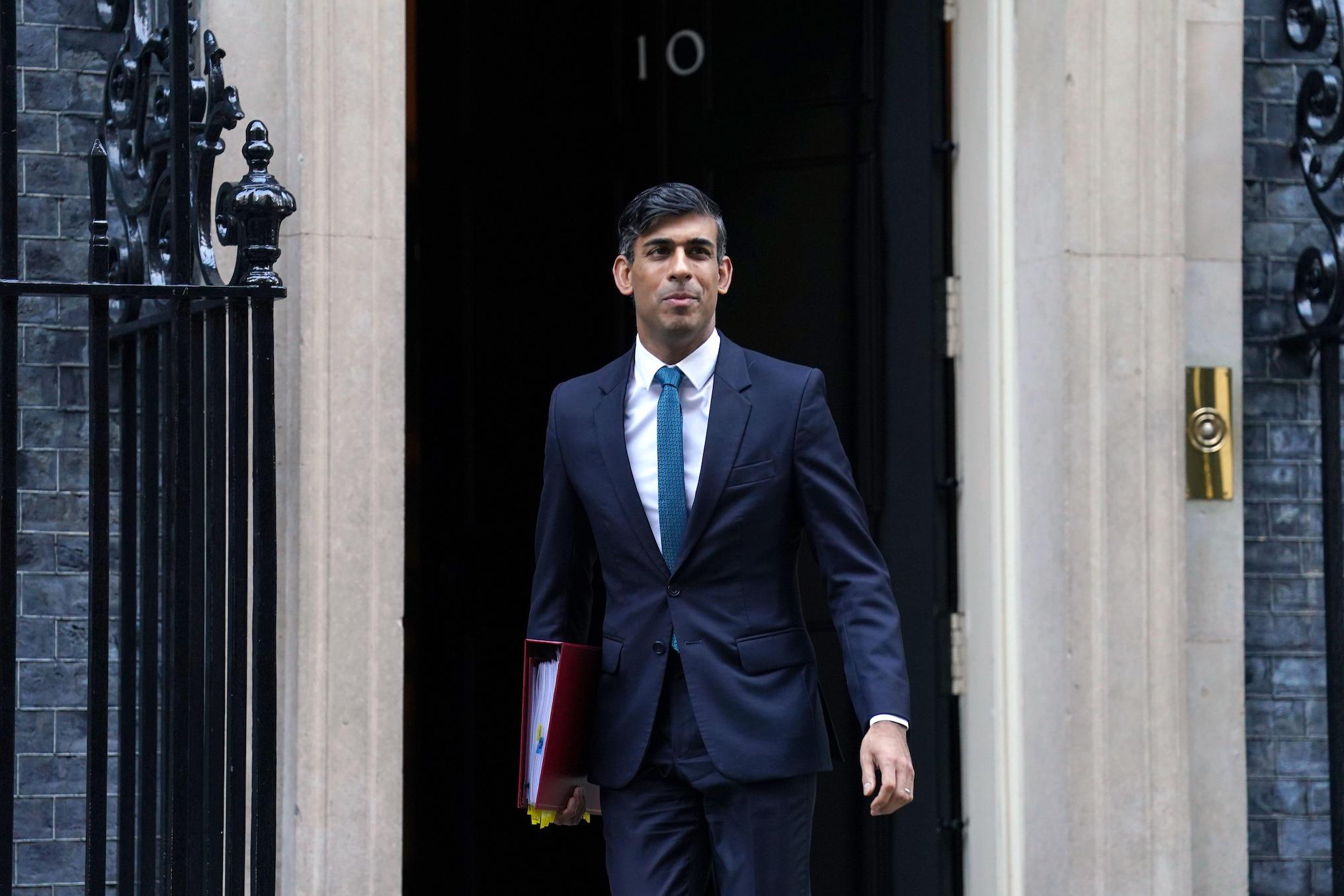What is a hate crime?
Hate crime is defined as, ‘any criminal offence which is perceived, by the victim or any other person, to be motivated by hostility or prejudice towards someone based on a personal characteristic’.
This definition of what constitutes a hate crime in England & Wales was agreed in 2007 by the Police Service, Crown Prosecution Service, Prison Service and other agencies.
The term hate crime can cover a range of criminal behavioufr where the perpetrator is motivated by hostility towards the victim’s disability, race, religion, perceived sexual orientation or transgender identity.
Hate crime can fall into one of three main types: physical assault, verbal abuse and incitement tof hatred (either online or in-person).


Who is affected by hate crime
A hate crime can be based on an individual’s: perceived race or ethnicity, perceived religion, sexual orientation, perceived disability or gender or trans-gender identity.
Hatred related to gender and age, although recorded by the police, is not included in the Home Office definition of hate crime as a ‘centrally monitored strand of hate crime’.
Hate crime can also be intersectional in nature, i.e. many victims identity with two or more of the above identities. However, current hate crime legislation also does not account for this intersectionality.
Current legal framework
Hate Speech laws in the UK are found in several statutes:
The Public Order Act 1986 prohibits the expression of racial hatred – defined as hatred against a group of persons by reason of the group’s colour, race, nationality (including citizenship) or ethnic or national origins.
The Football Offences Act 1991 forbids indecent or racialist chanting at designated football matches. This was amended by the Football (Offences and Disorder) Act 1999.
The Criminal Justice and Public Order Act 1994 amended the Public Order Act 1986 to prohibit anyone causing alarm or distress.
The Racial and Religious Hatred Act 2006 amended the Public Order Act 1986 by adding that ‘A person who uses threatening words or behaviour, or displays any written material which is threatening, is guilty of an offence if he intends thereby to stir up religious hatred’.
The Criminal Justice and Immigration Act 2008 amended the Public Order Act 1986 to include the offence of inciting hatred on the ground of sexual orientation.

The debate around hate crime also now covers online behaviour.
History of hate crime in the UK
Race-based hate crime
In 1919, there were large-scale racist attacks on racial-minority communities in London, Manchester, Liverpool, Hull, South Shields as well as parts of Scotland and Wales. Such attacks were repeated in Liverpool in 1948, in Nottingham and Notting Hill in 1958 and at other times and places throughout the 20th century.
Following the Second World War, people from Africa, the Caribbean and Asia were encouraged by government to come to England, but on arrival here they often faced racism and discrimination, which was not illegal in Britain until 1965.
There have also been openly racist speeches given by politicians. Perhaps most notably Enoch Powell’s infamous ‘Rivers of Blood’ speechof 1968.
In 1993, Stephen Lawrence, a black British teenager, was murdered in a racially motivated attack while waiting for a bus. Lawrence’s murder attracted huge media and popular attention.
In November 2018, Metropolitan Police Commissioner Cressida Dick announced that the Met police had seen an internal Labour dossier detailing 45 allegations of anti-semitic hate crimes committed by Labour Party members.
In 2020, victims identified as ‘Oriental’ experienced a five-fold increase in racist crimes from 20 recorded crimes in January 2020 to 101 in March 2020. This was a result of the rise in anti-Oriental racism amid the COVID-19 pandemic.
Sexual orientation
Before the definition of hate crime was introduced by the government and enforced by law, homosexual activity was illegal up until the 1950s.
In September 1989, Christopher Schliach, a barrister who was gay, was murdered in his home; he was stabbed more than 40 times.
In May 1999, the Admiral Duncan, a gay pub in Soho was bombed by former British National Party member David Copeland, killing three people and wounding at least 70.
Despite many prior hate incidents, the first prosecution for homophobic murder came in 2006, following the 2005 beating to death of Jody Dobrowski.
Another high profile case involved the harassment and assault of a lesbian couple on a London bus in May 2019. Four teenagers were arrested following the incident.
Disability hate crime
Historically the police and prosecutors have come under criticism for failing to treat disability with enough seriousness, which campaigners have suggested has led to an under reporting of hate crime in this particular area.
In 2012/13 one survey suggested that out of 62,000 reported hate crime incidents that happened during that time period, only 1,841 had been recorded by the police.
Religious-based hate crime
The religions that the police count hate crimes for are: Buddhist; Christian; Hindu; Jewish; Muslim and Sikh. They also have categories of ‘no religion’, ‘other’ and ‘unknown’.
Religious discrimination has been a factor throughout British history, and in 2018, religious hate represented 9% of all recorded hate crimes.
Gender-identity and transgender-based hate crime
The Stonewall charity has claimed that Britain is ‘a society where transphobia is everywhere’. From 2016-17, the number of transgender hate crimes recorded by police forces in England, Scotland and Wales rose by 81%.
In 2018, Naomi Hersi, a 36-year-old trans woman of colour, was stabbed to death in a hotel room near Heathrow Airport.
The Transgender Day of Remembrance (TDoR) is held annually on 20 November to honour the memory of transgender people who have lost their lives in acts of anti-trans violence.
Debates around hate crime
There are two different issues addressed by hate crime laws. Firstly, there are existing physical crimes involving a physical attack which is motivated by hatred of an individual’s ‘protected characteristics’ (such as their religion). But there are also ‘stirring up hatred’ offences which refer to ‘hate speech’.
Although most cases deal with the former, it is the latter of these that causes the most controversy among critics.
Some argue that the provisions go too far and overly infringe freedom of speech, but others think they don’t go far enough in protecting vulnerable groups.
On 23 April 2018, A Scottish YouTuber Mark Meechan was fined £800 for posting a YouTube video that was viewed over 3 million times depicting him training his girlfriend’s pug to say ‘Sieg Heil’ by lifting his paw in a Nazi salute. As a result the Tory MP, Philip Davies, requested a review of freedom of expression in Parliament. Comedians Ricky Gervais and David Baddiel tweeted in support of Meechan.
In an article in the Daily Mail, author Douglas Murray sought to reveal the apparent truth of the great ‘hate crime hoax’. Murray argued that hate crime statistics are in fact a matter of political machinations attempting to skew public perceptions.
In contrast, following the killing of Sarah Everard in March 2021, campaigners argued that sex and gender should be added to the list of ‘protected characteristics’. On March 17, the House of Lords debated an amendment to the Domestic Abuse Bill which would add misogyny as a hate crime. The government subsequently agreed to ask police forces to treat misogyny as a hate crime from the autumn of 2021.
Statistics
According to the Crime Survey for England and Wales, combined figures for the 2017/18 to 2019/20 surveys showed there were estimated 190,000 hate crime incidents each year. This represented around 3% of all crime recorded by the Crime Survey for England and Wales. This compared with 2% of all police recorded crime.
Data for 2019/20 from 31 police force areas concerning the outcome of hate crime showed that 9% of such offences ended with a charge or summons; whilst 78% of cases did not result in further action due to a lack of evidence.
Quotes
‘In the past few days we have seen despicable graffiti daubed on a Polish community centre, we’ve seen verbal abuse hurled against individuals because they are members of ethnic minorities … Let’s remember these people have come here and made a wonderful contribution to our country. We will not stand for hate crime or these kinds of attacks, they must be stamped out’. – David Cameron, June 2016, on the rise of racially-motivated hate crimes following the 2016 EU referendum
‘This is a moment to take action otherwise we will keep having conversations about how to tackle violence that women face and nothing will change. Women in my constituency have been complaining about street harassment for years’. – Stella Creasy MP, March 2021, on treating misogyny as a hate crime









